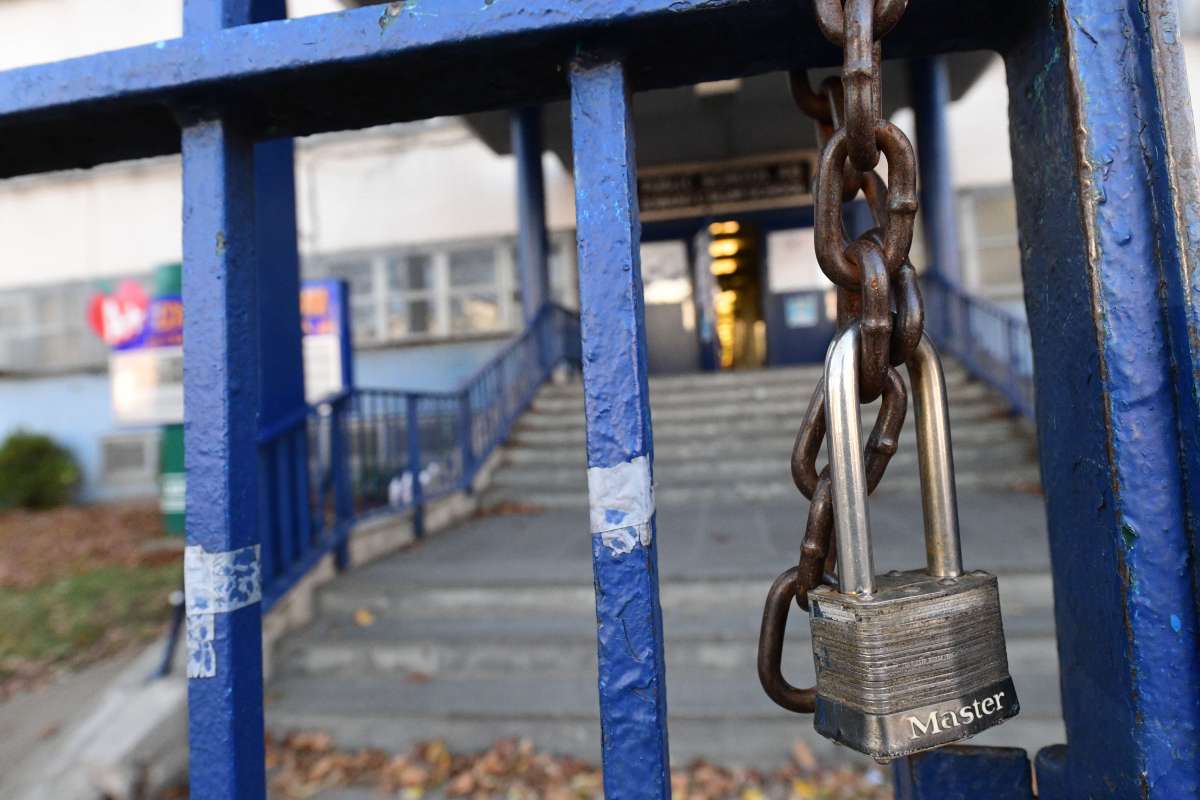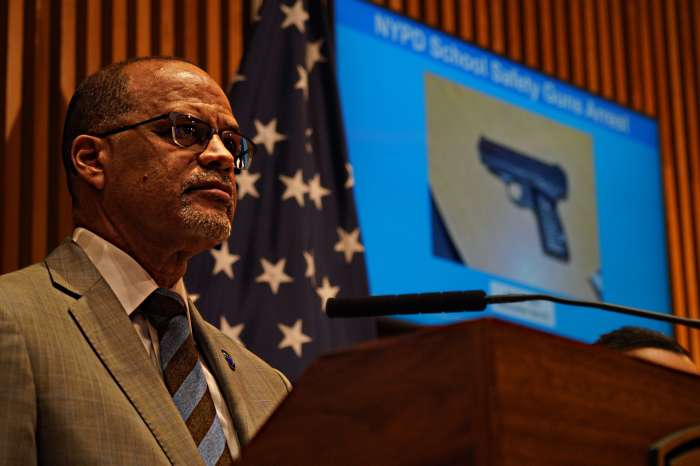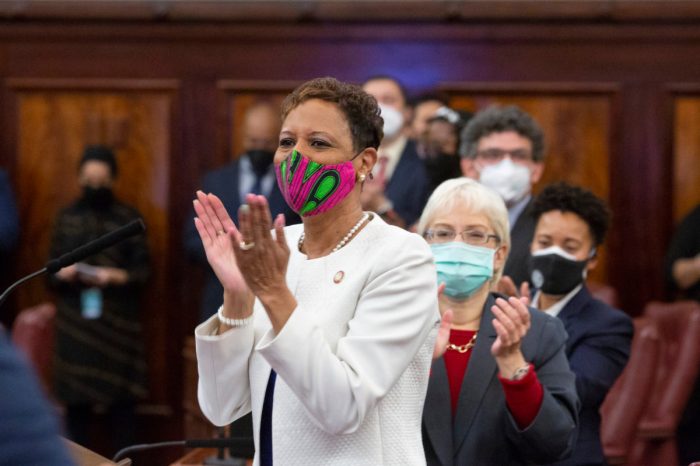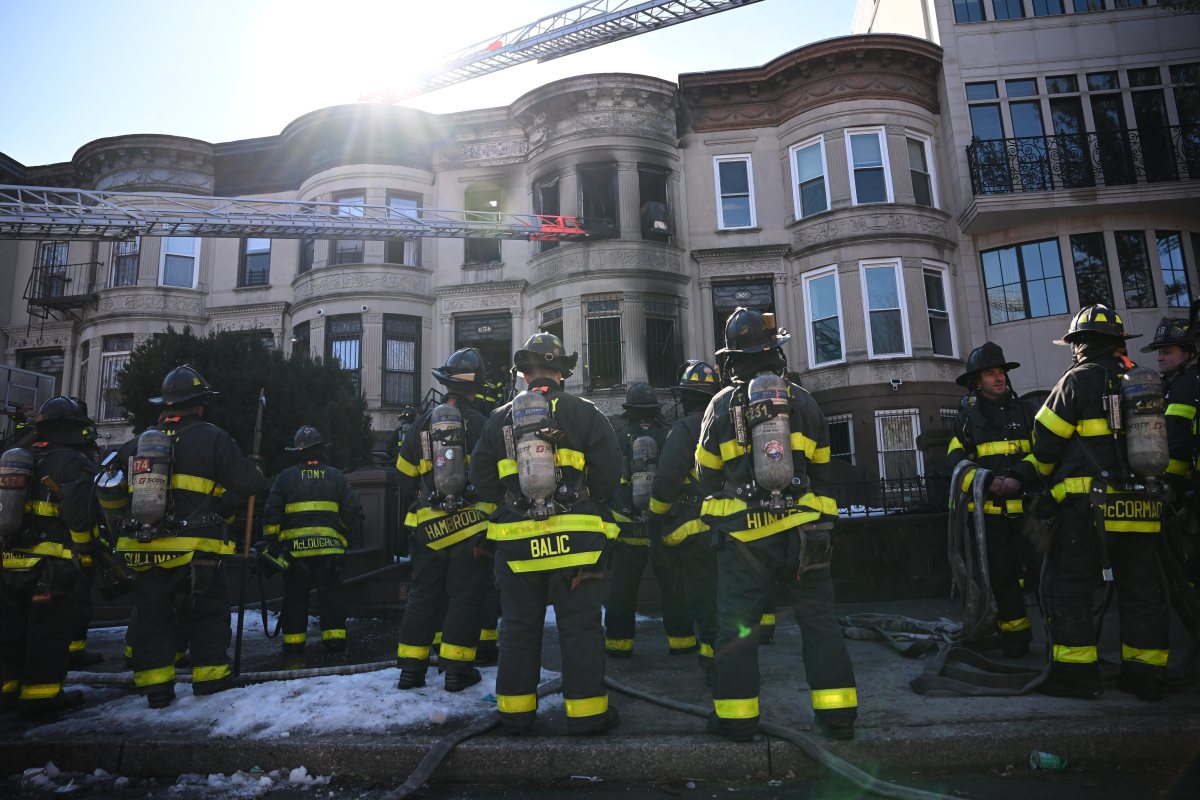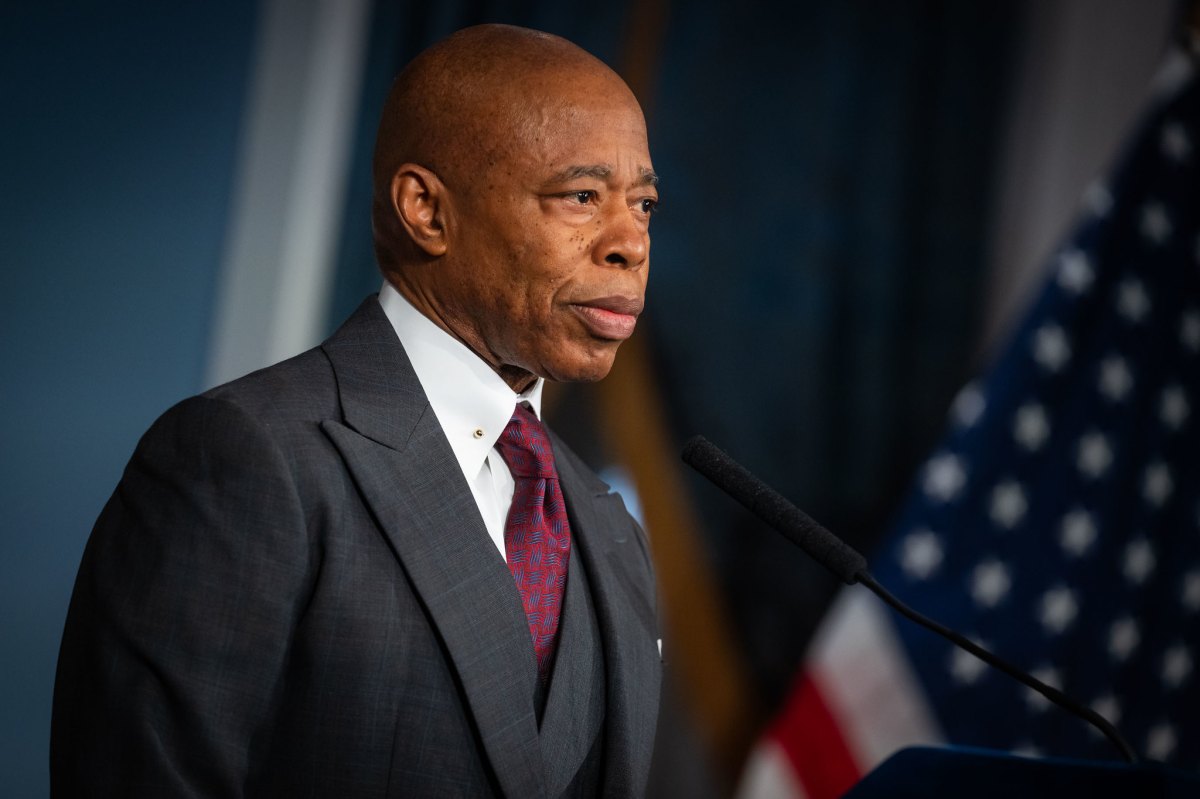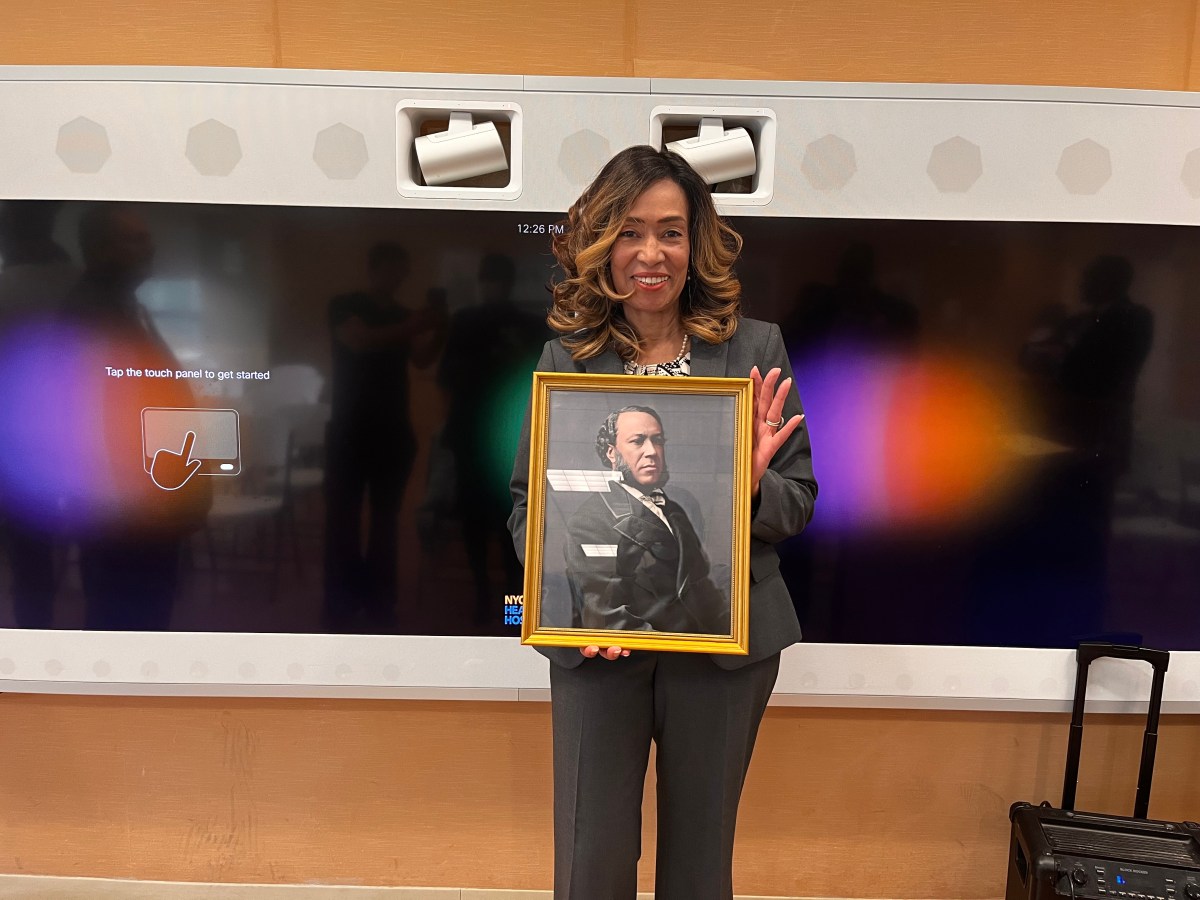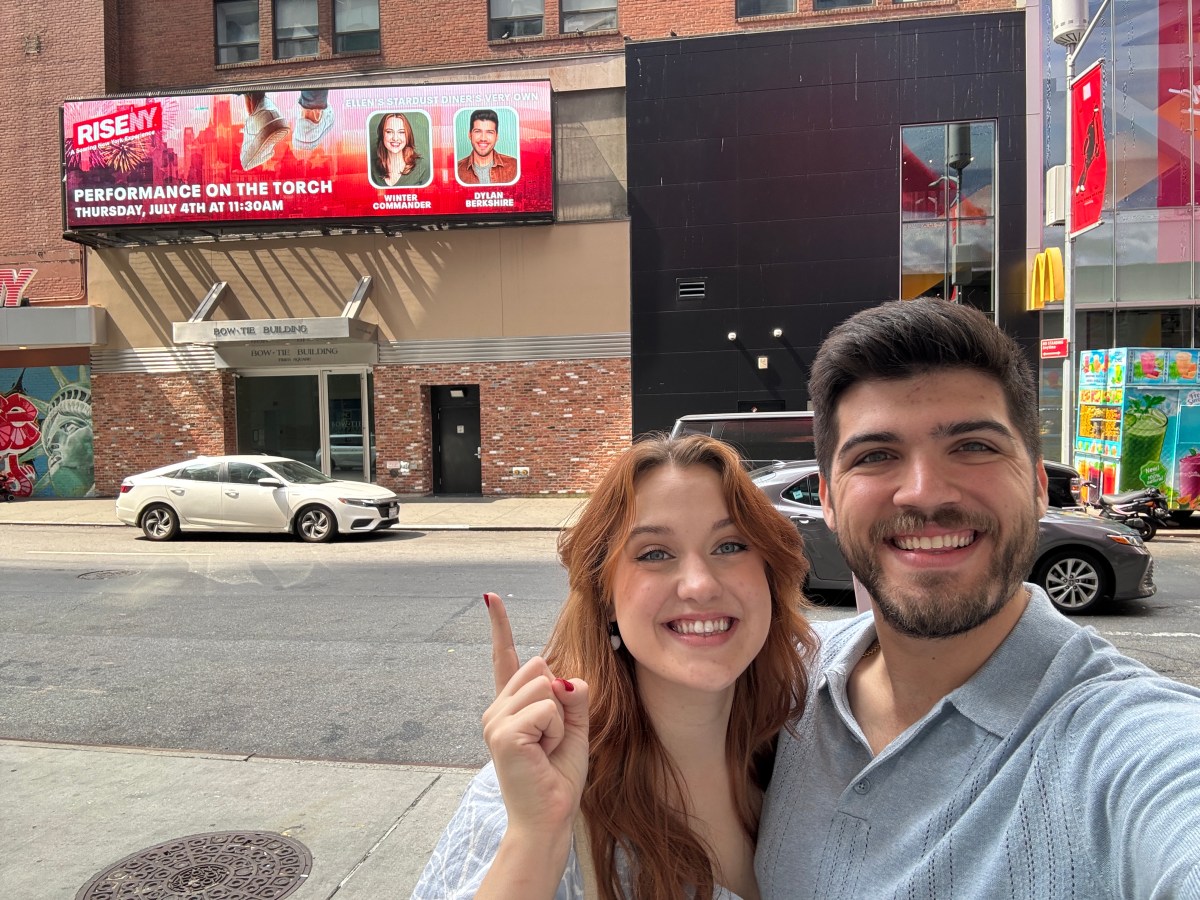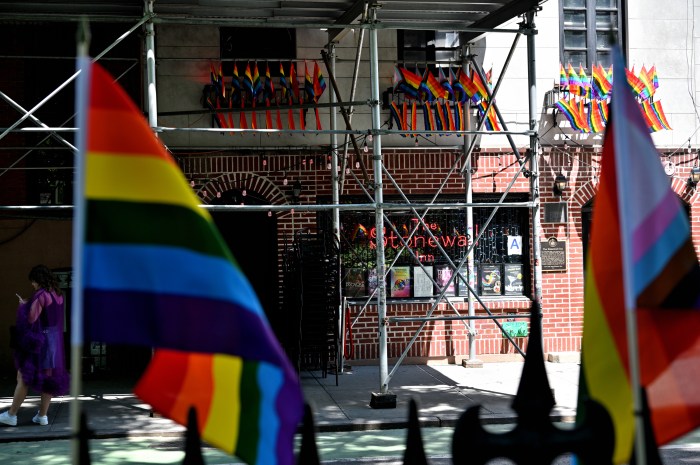Starting in May, New York City’s public elementary schools will be the first in the city to receive automatic door-locking systems and surveillance cameras as part of a concerted effort to keep intruders out and kids safe.
Schools Chancellor David Banks, in announcing the plan during an April 7 public safety briefing at City Hall, said the rise in school shootings across America is just part of the reason why the city was moving to install the door-locking systems.
“I see the issues that are happening with these mass shootings, where people just walk into the building and shoot the place up,” Banks said. “That keeps me up at night.”
The process of installing the door-locking systems will take several months, Banks said. By next spring, all of the city’s roughly 1,850 public schools should have the door-locking systems, which will active and lock the front doors once school starts.
“We certainly hope to have all of our schools outfitted with this new technology by the spring,” Banks said.
The contract for the devices’ installation was approved on Feb. 15 by the New York City Department of Education’s Panel for Educational Policy. The city originally installed the door-locking system in six schools across the city as part of a pilot program.
Some PEP members, including Queens representative Sheree Gibson, bemoaned the lack of data about the program and pointed out some issues with the system. Gibson said she had found out that of the six schools listed in the pilot program, only two of the door-locking systems were active and functioning at the time.
“So it’s like you haven’t even done the pilot,” Gibson said. “There is no data back from the pilot. You don’t even know that it’s working.”
The New York City Department of Education has not yet replied to amNewYork Metro’s inquiry about the pilot.
Mark Rampersant, the school system’s security director, shared more information at the briefing about how the door-locking systems will work. He addressed concerns that PEP members expressed at the February meeting about preventing parents from being able to access their children.
“This is not a system that we’re employing to keep our parents out of our building,” Rampersant said. “This is a system that we’re employing to keep anybody with ill intentions from accessing our school buildings.”
The system will give school safety agents the ability to see and communicate directly with visitors through a two-way camera and communication system from the main desk inside the school. Once the visitor’s business or meeting is confirmed, school safety agents can buzz the visitor in.
Symbrant Technologies, the Long Island-based contractor for the door-locking system, was chosen because the system answers the question of how the city’s first responders will have direct access when a potentially dangerous and unforeseen event occurs. This system allows police officers access through a code that will be provided to all precincts.
“This is when our alarms go off in our schools and there’s a check needed,” Rampersant said. “This way the police officers, first responders will have direct access to schools.”
Symbrant Technlogies declined to comment on the Safer Access system and its contract with the NYC Department of Education.
Banks said the city’s school safety agents are currently being trained in the new “Safer Access” system. For example, if students are in danger outside of the school, school safety agents at the front door will be trained on how to respond to those situations.
While the city continues working on the everyday dangers, including gun violence, that students face at school, Banks said the door-locking system is meant to be a preventative measure in the face of rising mass shootings.
“That is meant to prevent the mass tragedies that we’ve been seeing all too often across the nation,” Banks said. “We’re going to do everything we can to prevent something like that from happening.”



